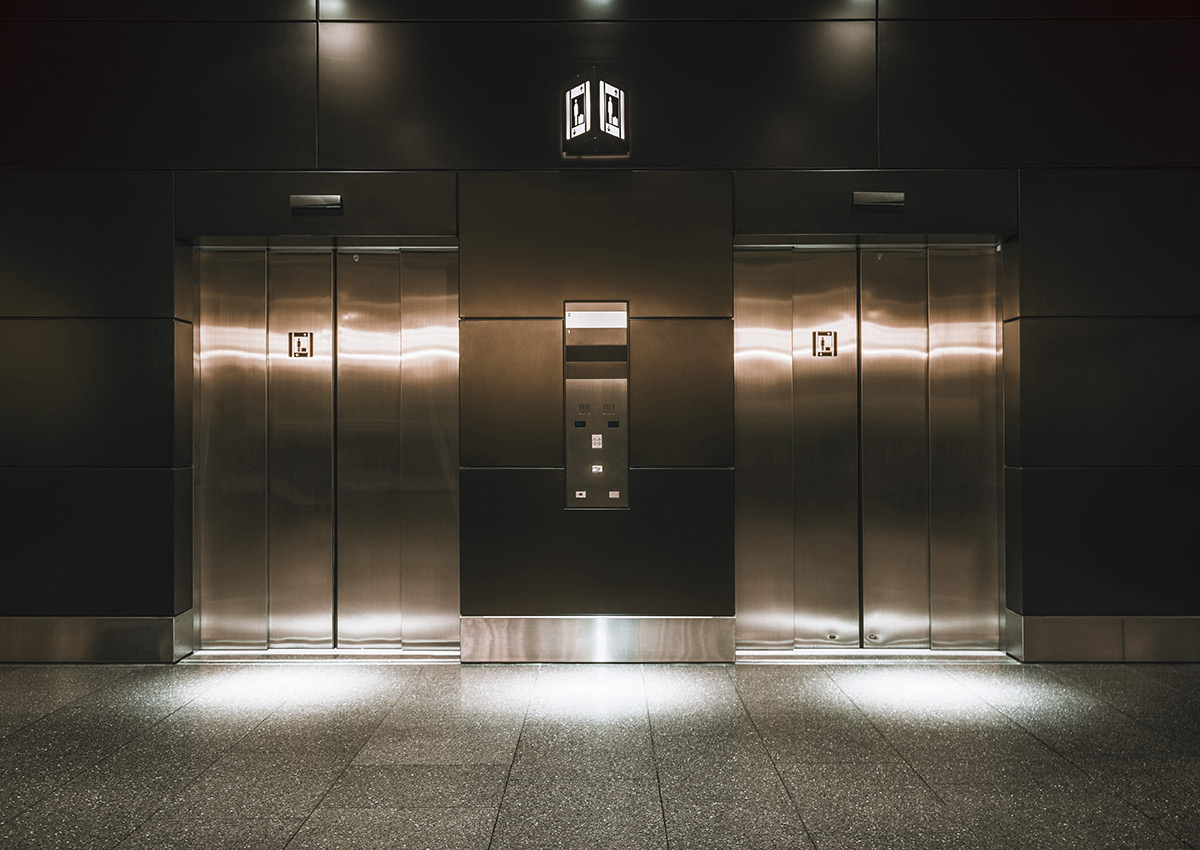Read on to learn more about elevator costs in 2024.
New Elevator Installation:
- Average Cost: $250,000 to $500,000 per elevator
- Factors Affecting Cost:
- Type of elevator: Hydraulic elevators are generally cheaper than traction elevators, while freight or observation elevators come with higher price tags.
- Number of floors served: More floors translate to higher costs due to increased equipment needs and shaft construction.
- Capacity and passenger traffic: Higher capacity and greater traffic volume necessitate sturdier components and potentially larger cabins, impacting the cost.
- Building construction and accessibility: Anpassing existing structures or incorporating accessibility features like wheelchair lifts can add to the expense.
- Permits and inspections: Obtaining necessary permits and post-installation inspections involve additional fees.
Elevator Modernization:
- Average Cost: $75,000 to $250,000 per elevator
- Factors Affecting Cost:
- Scope of modernization: Basic upgrades like control systems and door operators are less expensive than comprehensive overhauls including cabins and motors.
- Type of elevator: Modernizing traction elevators can be more complex and costly than hydraulic systems.
- Building size and complexity: Larger and more intricate buildings with multiple elevators naturally incur higher costs.
- Location: Labor and material costs can vary depending on your region.
- Additional features: Incorporating energy-efficient technologies, accessibility upgrades, or aesthetic enhancements can increase the price.
Additional Considerations:
- Maintenance contracts: Some modernization projects include extended maintenance contracts for added peace of mind.
- Energy efficiency upgrades: Modernization can offer significant energy savings through newer technologies.
- Accessibility compliance: Updating elevators to meet current accessibility standards might be necessary.
Can I Have An Elevator At Home?
Having an elevator in your home is becoming increasingly popular and accessible, offering enhanced convenience and accessibility for residents of all ages and abilities. Whether you’re considering it for future-proofing your space or simply adding a touch of luxury, the feasibility depends on a few key factors:
Space:
- Minimum requirements: You’ll need enough space for the elevator shaft, hoistway, and machinery room. Typically, a footprint of around 20-25 square feet is necessary for a basic residential elevator.
- Existing layout: Consider where the elevator can be strategically placed without significantly disrupting your current floor plan. Look for areas like closets, laundry rooms, or unused corners that could be repurposed.
Type of elevator:
- Hydraulic: More common in homes due to their flexibility in shaft placement and quieter operation. However, they require a pit dug below the ground floor.
- Traction: Offer higher speeds and capacities but require a more robust shaft and machinery room, often making them less suitable for most homes.
- Pneumatic vacuum: Ideal for tight spaces as they use a vacuum tube system, but they have limitations in weight capacity and size.
Cost:
- Installation: Expect to spend anywhere between $20,000 and $50,000 for a basic residential elevator, with the price increasing based on size, features, and complexity of installation.
- Maintenance: Ongoing maintenance costs should be factored in, typically ranging from $500 to $1,500 per year.
Building codes and permits:
- Check your local building codes and homeowner association (HOA) regulations for any restrictions or specific requirements for installing a home elevator. Obtaining necessary permits is crucial before starting the project.
Benefits:
- Accessibility: Enhances mobility for individuals with disabilities or age-related limitations, increasing independence and comfort within the home.
- Convenience: Provides easier access to different floors, especially for carrying groceries or laundry.
- Home value: Can add significant value to your property, making it more attractive to potential buyers.
Considerations:
- Impact on resale: Not all buyers might be interested in a home with an elevator, potentially affecting resale value in some markets.
- Energy consumption: Elevators use electricity, so factor in the potential increase in your energy bills.
- Regular maintenance: Requires regular maintenance and safety checks to ensure optimal performance and prevent issues.
Overall, having an elevator at home is definitely a possibility! Carefully assess your space, budget, and needs to determine if it’s the right choice for you. Consulting with qualified architects, elevator contractors, and local building officials can provide valuable insights and ensure a smooth installation process.
Do You Need Elevator Services In Arizona?
Arizona Elevator Solutions is your go to elevator specialists that can handle anything from elevator repair and maintenance to elevator modernization and upgrades. Get a free elevator modernization quote from Arizona Elevator Solutions today! We also offer elevator services in Colorado.

